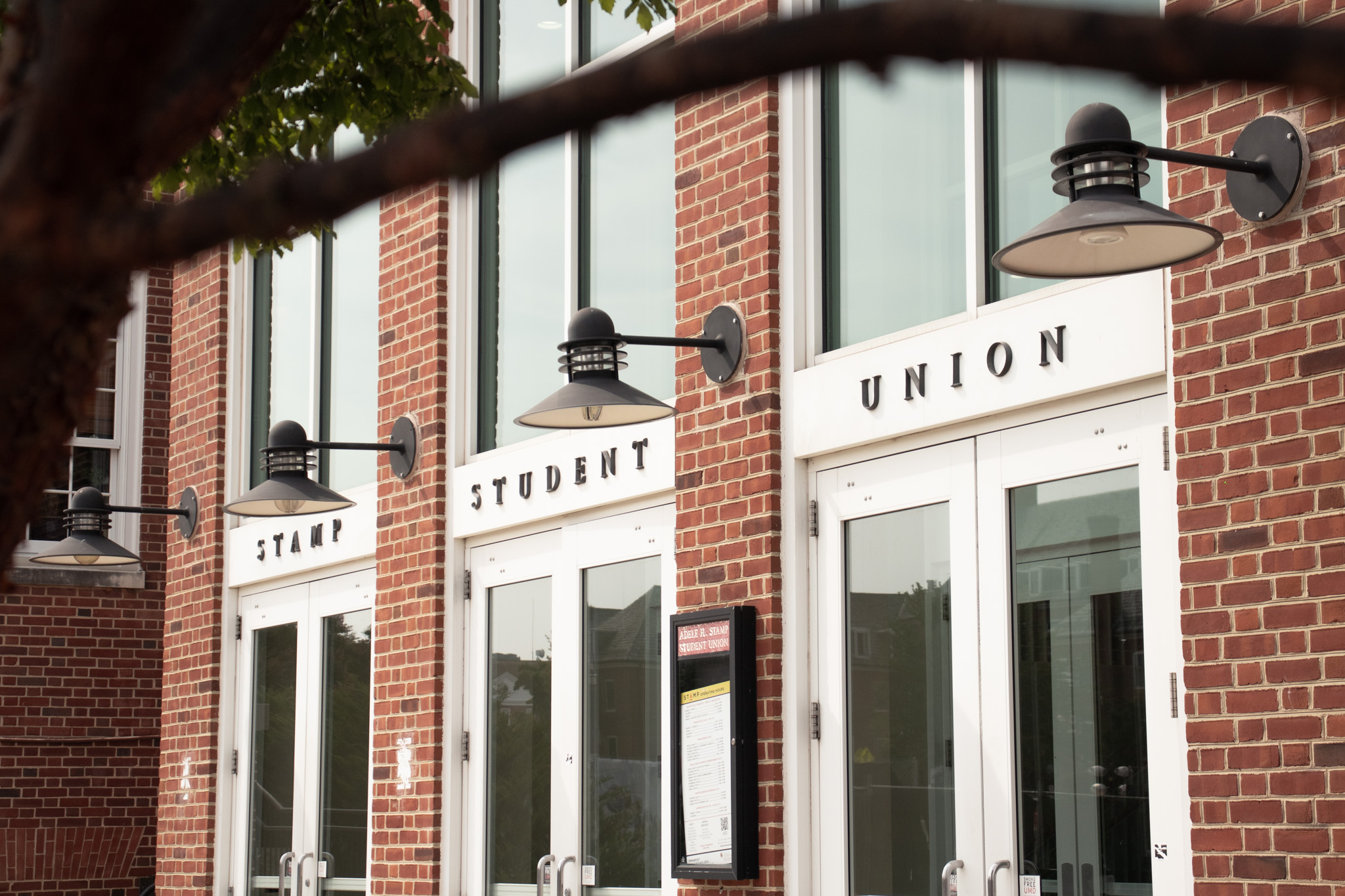Views expressed in opinion columns are the author’s own.
With a ceaseless onslaught of increases in the cost of attendance for students at the University of Maryland, it’s tempting to resign to the fact that these fees are just a natural part of life. After all, what alternative do we have as students?
But the truth is that we need to critically examine every dollar that we put into this institution and recognize whether or not they are investments in our future. Even the smallest victories in cutting costs can be huge in the day-to-day lives of college students.
One particularly useless and counterproductive scam has been shoehorned into a required part of undergraduate life and repackaged as a discount for students: dining dollars.
While the student dining plan page may have us believe that a more premium dining plan with more dining dollars corresponds to more savings, dining dollars do nothing but promote overconsumption, help excuse poor pricing practices at university-run convenience stores and inflate the overall cost of dining. In the name of fairness and responsibility, it’s time for the university to abolish dining dollars as a whole.
While some dining dollars may roll over between semesters, they expire by the end of each school year. In my underclassman experience, I often found myself scrambling to find a use for unused dining dollars for fear that I wasn’t getting what I had paid for.
Yet, after stocking up on things I didn’t need from the convenience store and having too many Chick-fil-A sandwiches — as opposed to the more balanced options offered at the dining halls — I was no better off than I would have been otherwise. The pressure to use these dining dollars only increased during my tenure working with the Resident Life department on campus, as they were the only thing resembling monetary compensation for the job.
The looming expiration date attached to these funds encourages students to spend recklessly, often on items they don’t need or even want, just to avoid losing their unused balance. This leads to wasteful spending and contributes to a culture of excess rather than the responsible budgeting college students should learn.
A system — and FAQ page — that explicitly incentivizes such behavior is poor financial management advice and a predatory practice from the university to students who don’t know any better.
Moreover, the very existence of dining dollars helps artificially inflate the cost of goods in on-campus marketplaces. Prices like those in on-campus convenience stores would rightfully not survive if they were on Route 1, yet we allow these prices to be set with impunity. What seems like a convenient system of campus shopping likely contributes to the extraction of more money from students under the guise of convenience.
While there is certainly a benefit to having on-campus convenience stores, there is a line that this outrageous and exploitative pricing has crossed with the help of dining dollars. For instance, a box of Apple Jacks, which costs $5.29 at the Prince George’s Plaza Target, is marked up to $10.19 at the North Campus Market. If you were in the mood for a sweet treat, a $4.99 Ben & Jerry’s pint would set you back $8.59 on campus.
Even if one posited that those items count as frivolous spending, student-oriented products break the bank as well. An already overpriced $6.99 200-page notebook skyrockets up to $10.79 at the convenience store.
Not only are students being incentivized to spend on things they don’t need, they’re still being ripped off anyway.
Additionally, the sales tax-free appeal of dining dollars is redundant given Terrapin Express — which can be used for printing on top of food and convenience store purchases and reloaded at will without expiration.
While it might make sense that there may be a small premium to pay up for convenience on campus, abolishing dining dollars would allow both the university and us students to assess the true demand for such products and adjust prices accordingly. Adjustments in the pursuit of efficiency may even increase revenue by reducing the amount of deadweight loss incurred by the gap between supply and demand.
Ultimately, the abolition of dining dollars isn’t simply about the savings that individual students may find — students can opt for the base dining plan and bypass dining dollars altogether. It’s about promoting transparency and accountability within university administration and empowering young students to demand fair treatment and financial integrity.
Abolishing dining dollars is a step towards a more transparent and student-centered campus environment, where the interests of students are prioritized over profit. It’s time for the university to listen to its students’ voices and enact meaningful change toward a fairer dining system that doesn’t compel us to spend $10.99 on a pack of Nutter Butter cookies during finals.
Rohin Mishra is a senior economics and government and politics major. He can be reached at rohinpmishra@gmail.com.



